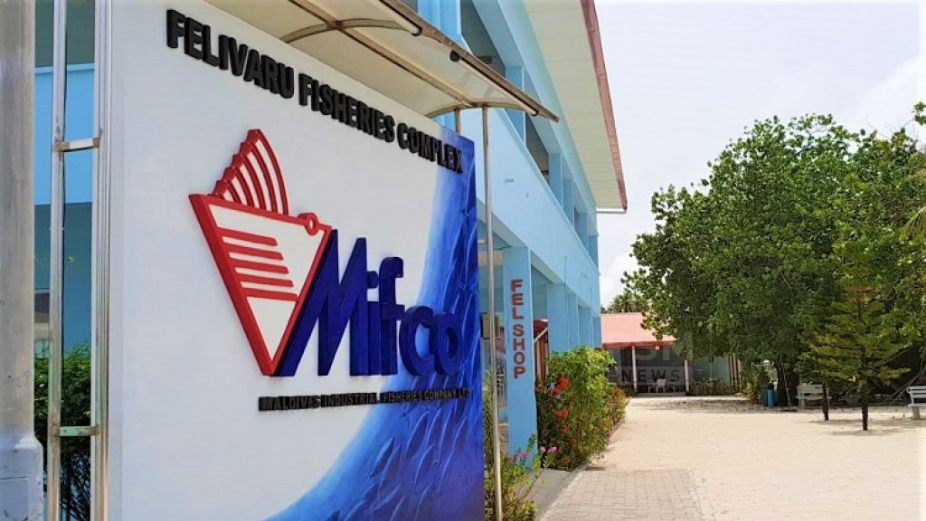
It is often argued that private companies tend to run more efficiently than state-owned enterprises, due to their profit motive which encourages lower costs. This is reflected in the business landscape in the Maldives as well. Despite global challenges caused by pandemic-induced difficulties in trade, shipping and consumer demand, private sector companies are continually achieving profits in various industries while state-owned companies are running at a loss.
One such sector is air transport. While private air transport companies are making significant post-pandemic progress, the state-owned Island Aviation Services, operator of national flag carrier Maldivian, seems to be struggling to recover still. The company suffered a loss of MVR 159 million last year, in contrast to companies such as Villa Air and Manta Air that have achieved profits.
Experts believe that there are many reasons for the losses to the national airline. One of the reasons for this is the increase in salary expenditure for high-level positions, as well as the creation of useless jobs for political purposes. State-owned enterprises are typically motivated by political pressures rather than sound economic and business sense, thereby increasing inefficiency. Some have also noted the detrimental impacts of making changes to the company’s organisational structure every time the government administration changes.
A profit-making model needs to be implemented in order to make the national airline more efficient. There is currently no policy of cutting costs at Island Aviation; in fact, the company’s expenditure has increased by 21 percent in the first quarter of this year.
This is what we see in the fisheries sector as well. MIFCO, a 100 percent state-owned fisheries company, has been in a state of near-bankruptcy for many years. Various governments have made efforts to increase the capacity of MIFCO by injecting capital into the company. In 2016, MIFCO was moved under State Trading Organization (STO) with a market share of 99% and 0.01% share by Allied Insurance in 2016. The government has also issued a number of subsidiaries and funds to assist MIFCO in its current situation.
In an interview given to local news media last month, Managing Director of STO Husen Amr stated that MIFCO was one of the reasons for STO’s decline in profit in comparison to its revenue. Even though STO earned MVR 11 billion in revenue last year, it made a profit of only MVR 186 million. This is largely attributed to MIFCO’s losses, which are increasing day by day due to the high price of fish and the lack of adequate capacity.
If state-owned companies are to thrive alongside their private rivals, they must work to improve efficiency and lower costs. Greater transparency and less political interference are also necessary to encourage growth and profits.












